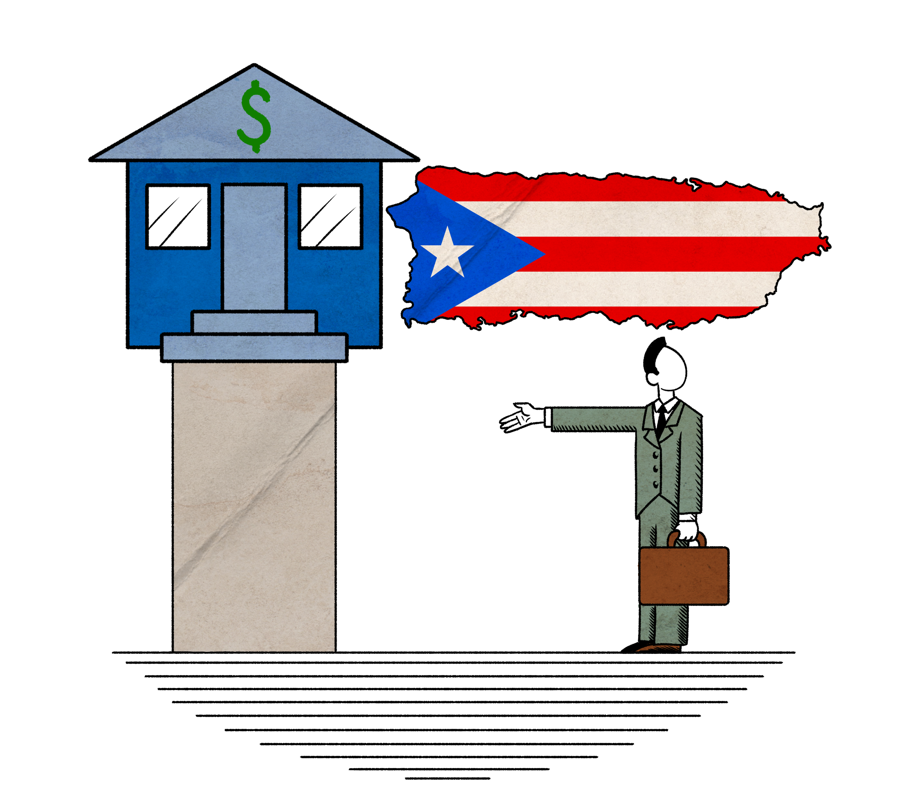How do I franchise in Puerto Rico?
So you’re thinking about selling some franchises in the world’s oldest colony, Puerto Rico (Yep. You just learned something. Puerto Rico is the world’s oldest colony).
As Puerto Rico is a U.S. territory, you are required to follow federal law (time to dust off the old FDD) and wait 14-days before any contracts are signed and before any money is paid.
In addition to following the federal franchise law, there are a few unique issues to Puerto Rico that you need to be aware of.
First is Puerto Rico’s “Dealer’s Contracts Law,” which will apply to most franchise agreements. The Dealer’s Contracts law makes it extremely difficult to terminate a franchisee. This law prohibits franchisors from terminating their franchise agreements without “just cause,” which essentially means either: 1) the franchisee did not perform an essential obligation under the franchise agreement; or 2) the franchisee did something that has a large negative impact on the franchisor’s ability to market their brand. The Dealer’s Contracts Law also limits the franchisor’s ability to restrict a franchisee’s ability to transfer or restructure the business. To prevent transferring or restructuring, the franchisor has the burden of showing that the restructure or transfer would have a significant, negative impact on their system. Given these restrictions, franchisors should carefully vet anyone they think would be a good prospective franchisee in Puerto Rico.
The second issue franchisors should consider are Puerto Rico’s tax laws. Under Puerto Rican law, royalties paid by a Puerto Rico franchisee to a U.S. franchisor are subject to withholding tax. We aren’t accountants but the last time we checked it was 29%, which is a pretty considerable chunk of change. Depending on how the contracts are structured, the withholding tax could apply to not just royalties, but also a franchisee’s monthly contribution to a marketing or brand fund. Some Franchisors consider adding a gross-up provision in the franchise agreement. Franchisors may try to restructure the fees to limit which are subject to the 29% (such as reducing the royalty and adding a management fee or by charging a higher rate for products—check with your lawyer and CPA before you do this). Franchisors may decide to include a gross-up provision as standard practice in Puerto Rico (i.e. making the franchisee pay the 29%) provided the franchisee can still make a profit.
Finally, if a franchisor has people on the ground supporting franchisees in Puerto Rico, it will likely create a tax nexus, increasing the taxes ultimately owed by the franchisor to Puerto Rico.

